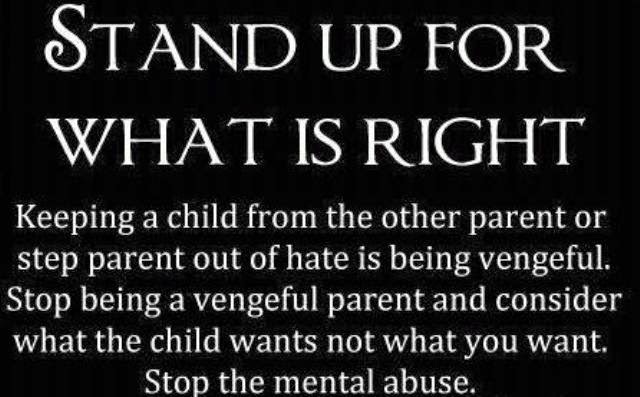Who is going to have custody of children when the couple separate or divorce? This decision has to be made along with, how the children will be taken care of and the visitation, the how of each parent spending time with the children. Relationships cause connectedness and there are orders to abide by. There are two types of custody orders.
There is Legal custody. The parent who has the custody will be important decision maker about the child’s health care, doctor, dentist, orthodontist, psychiatric, mental health counseling, therapy,education, religious activities or institutions, welfare, school, childcare, sports, summer camp, vacation, or extracurricular activities, travel, and place of residence.
There is also physical custody, ordering with whom the child will live. In joint custody the child can live with both. Under sole or primary custody the child will live with one parent much of the time and visits the other parent usually. There are cases of judges allowing parents joint legal custody and not joint physical custody, both parents share the responsibility in important decision making and the child lives with one parent and the other receives visitation right.
There is visitation plan to prevent and reduce confusion, anger and further conflict. Under supervised visitation, when the child's safety and well-being is at issue or if the child and the other parent would need gradual exposure, it is supervised by custodial parent, an adult, a professional agency or a mental health counselor. There is also a “no visitation” rule about that, even if with supervision, physical and/or emotional welfare of the child can be jeopardized. When visitation, custody or time share plan is drawn the above issues are clarified.
 There are visitation guidelines, also known as time-share. Here a plan is set about how the both parents will share the time with the children. Either one (sole custody) or both parents (called shared custody) can have custody. Under normal circumstances, the judge consorts about arrangements with the parents and reaches a final decision about custody and visitation. If there is disagreement between the parents the judge will make that decision at a hearing. There is usually a mediator about custody and visitation. The family court services provide the mediator for the parents to reconcile.
There are visitation guidelines, also known as time-share. Here a plan is set about how the both parents will share the time with the children. Either one (sole custody) or both parents (called shared custody) can have custody. Under normal circumstances, the judge consorts about arrangements with the parents and reaches a final decision about custody and visitation. If there is disagreement between the parents the judge will make that decision at a hearing. There is usually a mediator about custody and visitation. The family court services provide the mediator for the parents to reconcile.
Custody and visitation is decided considering the best interest of the child’s health, safety and wellbeing. Here history of abuse by either or both parents is considered.










